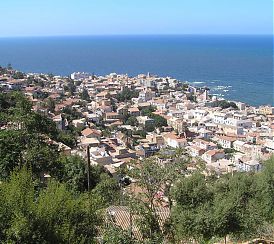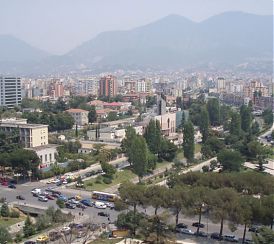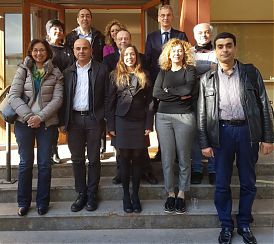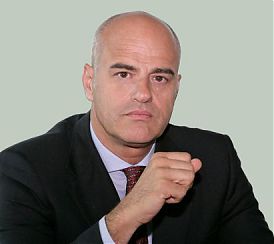MOROCCO, WORLD BANK FORECASTS 3.1% GROWTH IN 2018
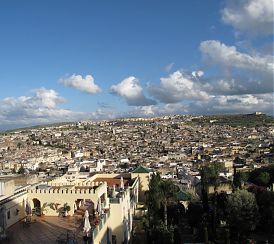
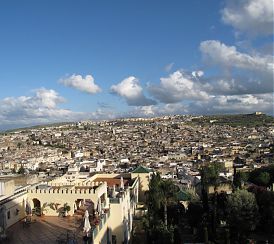
The World Bank published the “Global Economic Prospect” report, which presents world growth forecasts for 2018. The MENA region (Middle East and North Africa), according to World Bank experts, should record an economic growth of 3% this year, following the hoped-for attenuation of geo-political tensions and a slight increase in oil prices. Morocco, which recorded 4.1% GDP growth in 2017, is expected to see a positive trend of 3.1% this year. This slowdown in growth, also confirmed in the Moroccan Government’s forecasts (+ 3.2%), is mainly determined by the non-encouraging prospects in the agricultural sector, which is affected by atmospheric rainfall, which are significantly lower than the previous year. The World Bank recognizes the stability of the Moroccan economy and calls on the country’s authorities to continue the reform program aimed at improving the functioning of the labor market, the business environment and competitiveness. On this last aspect, it should be noted that Morocco is in 69th place in the “Doing Business 2018” ranking, one position less compared to the previous year in this world ranking of economic competitiveness. The Moroccan Government aims to reach the 50th place in this special ranking by 2020. The Government has identified some guidelines to enhance economic growth, including the development of the industrial sector (automotive, aeronautical components, electronics), the revival of tourism, the increase in trade and investment with the countries of West Africa, the strengthening of education and training programs.
Source: medNews






